10 Signs Your Rental Property Needs a Flooring Replacement
If you are a landlord wondering if this is the right time to replace the flooring at your rental property, this is the article for you.
Here are ten signs that your property needs a flooring replacement:
The Floors Are Old
Although a floor’s lifespan will depend on type and quality, its age will be a strong indicator of when it should be replaced. Unless your floors are hardwood, concrete, or stone, your flooring should last about ten years. Overtime, the hardwood floors can crack and suffer significant damage. The subfloor can even begin to rot.
Aesthetically, older floors won’t look as great as new floors, and since aesthetics are such a critical element in a rental property, you may want to consider some new flooring.
Cracks Have Appeared in the Flooring
Floor cracks cannot be fixed as easily as one would like, and often cracked floors need to be replaced entirely. With one crack in the floor, you can usually bank on more cracks appearing. Not only do cracks in the floor look bad, but they can also become tripping hazards, and, for landlords, liability is everything.
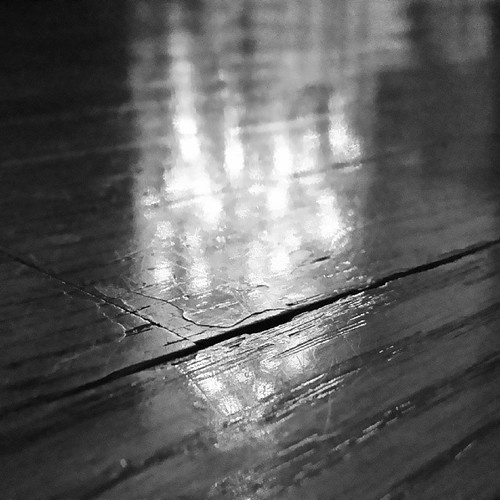
The Floors are Creaky
A creaking, cracking, and popping floor may indicate that the subfloor is damaged and needs replacing. The best way to know for sure is by removing your flooring and inspecting beneath. Having the opportunity to take a gander at your subflooring is another excellent reason to update your flooring. Remember, rotting subfloors only worsen over time, and it is better to address the problem sooner than later.
A creaky floor does not necessarily mean that there is subfloor damage. Sometimes a creaky floor can be age-related. For example, hardwood floors will creak when they age because of expansion and contraction.
The bottom line: Creaking is a good indicator that it may be time to replace your flooring.
There is a Leak Appearing in the Ceiling Below
If the ceiling below shows signs of a leak, the subfloor of the room above may need to be replaced. That would also require the installation of new flooring. Of course, you’re also going to want to figure out where that leak is coming from because it could be a sign of a severe issue.
Part of Your Floor Needs Replacing, but You’re Having Trouble Finding the Perfect Match
There are certain types of flooring, for example, such as tile, which is great because it allows you to replace just a few of the tiles rather than an entire floor, especially when dealing with stains and cracks. If you can’t find the right match, it may be the universe telling you that you need to replace the entire floor.
Having mismatched flooring will undoubtedly detract from your rental property’s appearance and quality.
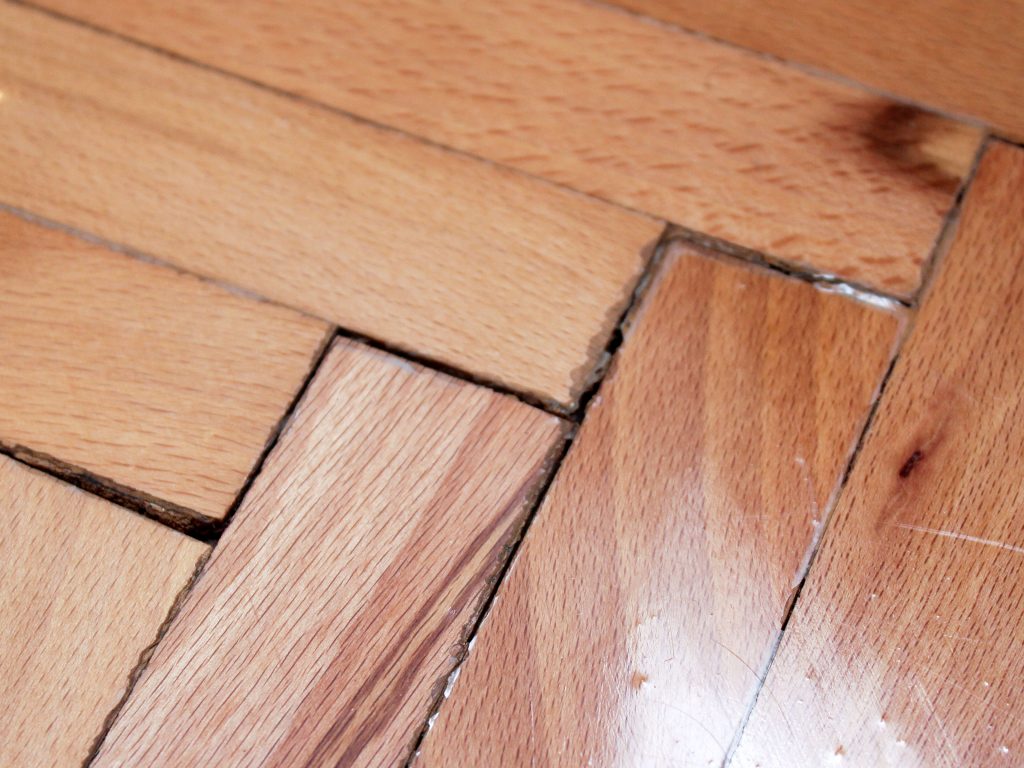
Your Wood Flooring Has Spots, is Discolored, or Warped
Wood floors are perhaps the flooring type that is most susceptible to damage from water. Dark spots, discoloration, and warping are usually tell-tale signs of severe water damage. When the flooring shows signs of damage from water, you must replace the flooring sooner than later because water damage will often lead to mold.
It takes just 24 to 48 hours for mold to grow. Once the mold shows up, it can spread rather quickly, and once it becomes widespread, you will need a professional mold removal service to get rid of it. Serious water damage in your hardwood floor can also lead to rot which can damage your floor’s support beams, creating a dangerous situation.
If the floors of your rental unit are showing signs of water damage, it is time that you invest in some new flooring.
The Floor’s Grout Is No Longer Cleanable
Chances are your tenants don’t clean as often or thoroughly as you would like them to. Grout can only be maintained properly if the floor is maintained correctly. However, even routine cleaning isn’t enough to prevent dirt from sticking to grout. If the dirt builds up, the grout will suffer from permanent discoloration.
While tile is the type of flooring to most commonly use grout, linoleum and laminate also sometimes use grout. While products made specifically for cleaning grout can be helpful, as the floor ages, there won’t be much that you can do, and you will likely need to consider a replacement.
The Rental Property You Own Could Use a Boost
If you are interested in increasing your rental property’s value, especially if you are considering selling the property soon, you should consider an investment in new floors.
There is no denying that the purchase of new flooring can be a worthy expenditure. At the very least, it can help to attract new tenants. When you advertise that your property features new floors, you will increase your tenant leads and decrease turnover. You may also consider raising the rental price in reflection of the value added by the new floors.
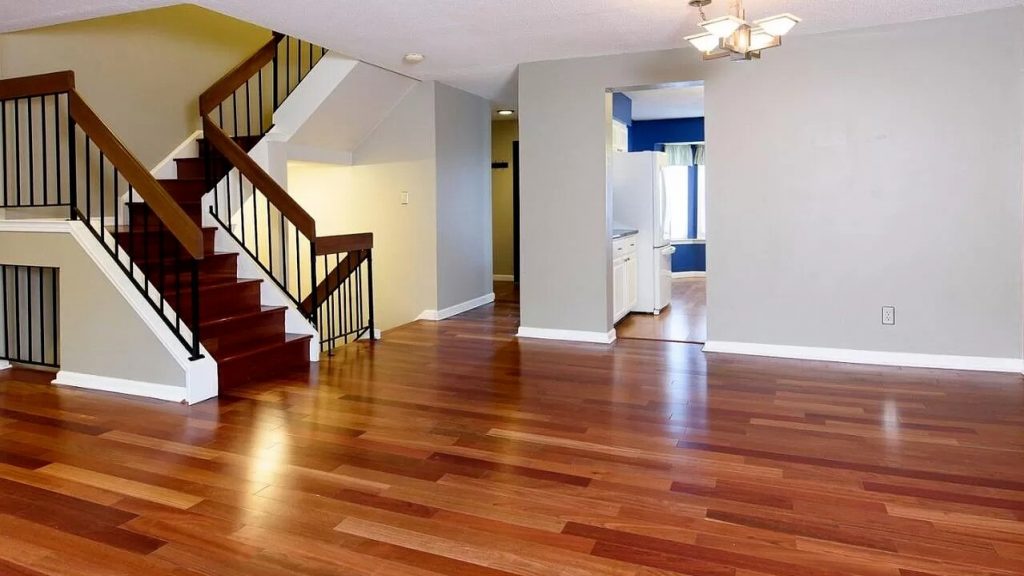
Your Rental Property is Carpeted.
Carpet is just the worst.
When it comes to rental property flooring options, carpet is perhaps the flooring option that is the least durable. A carpet’s texture and color fade after just a few years. It easily tears and bubbles in high-traffic areas and along with doors, corners, and walls, creating tripping hazards that can become liabilities. Worst of all, carpet is more susceptible to stains than any other flooring type.
The bottom line is that carpet is not made to last.
You Recognize the Value of Quality Wood Flooring
Regardless of the type of flooring in your existing rental property, you recognize that the best kind of flooring you can install is quality hardwood floors.
Hardwood floors not only add value to your property but are also easy to clean and maintain. They are also durable and long-lasting. A professional wood flooring expert can easily repair your hardwood floors when damage does occur.
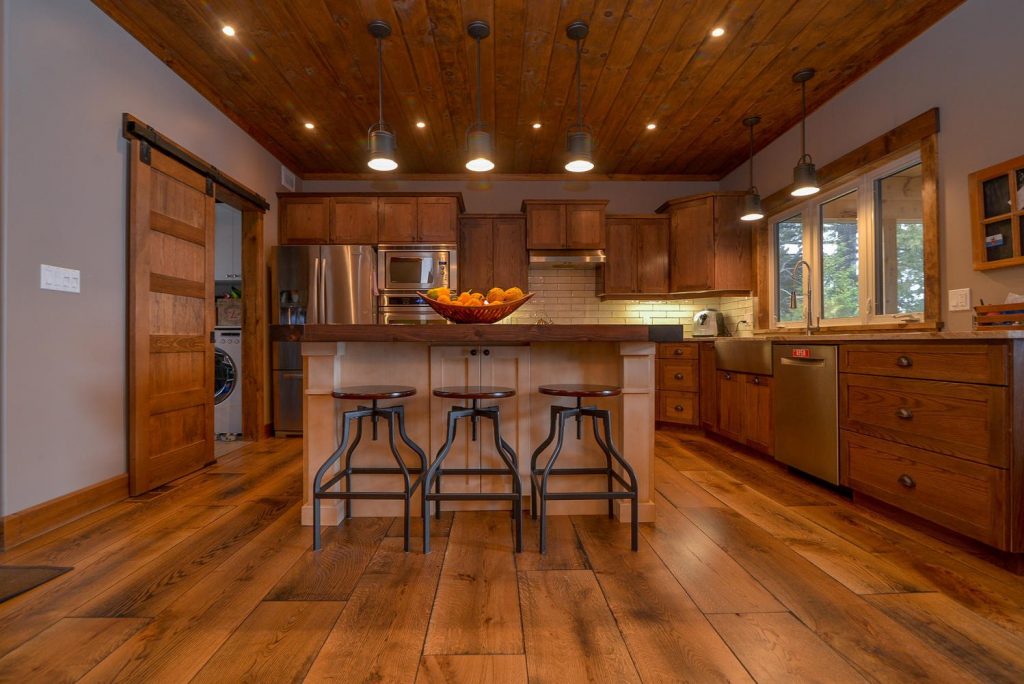
Photo of Wide plank Wood Flooring via Gaylord Hardwood Flooring
Bring Your Rental Property to Life with New Floors
If you want to breathe new life into your rental property, wood flooring is the answer. Let the Pennsylvania Wood Floor Experts at Artisan Wood Floors come in and examine the floors in your rental property and help you decide what the right option is for you. We install wood floors in commercial and rental properties in PA.
Call Artisan Wood Floors today at (215) 515-7355 and ask for Steve!
Recent Hardwood Flooring Projects in Philadelphia & NJ
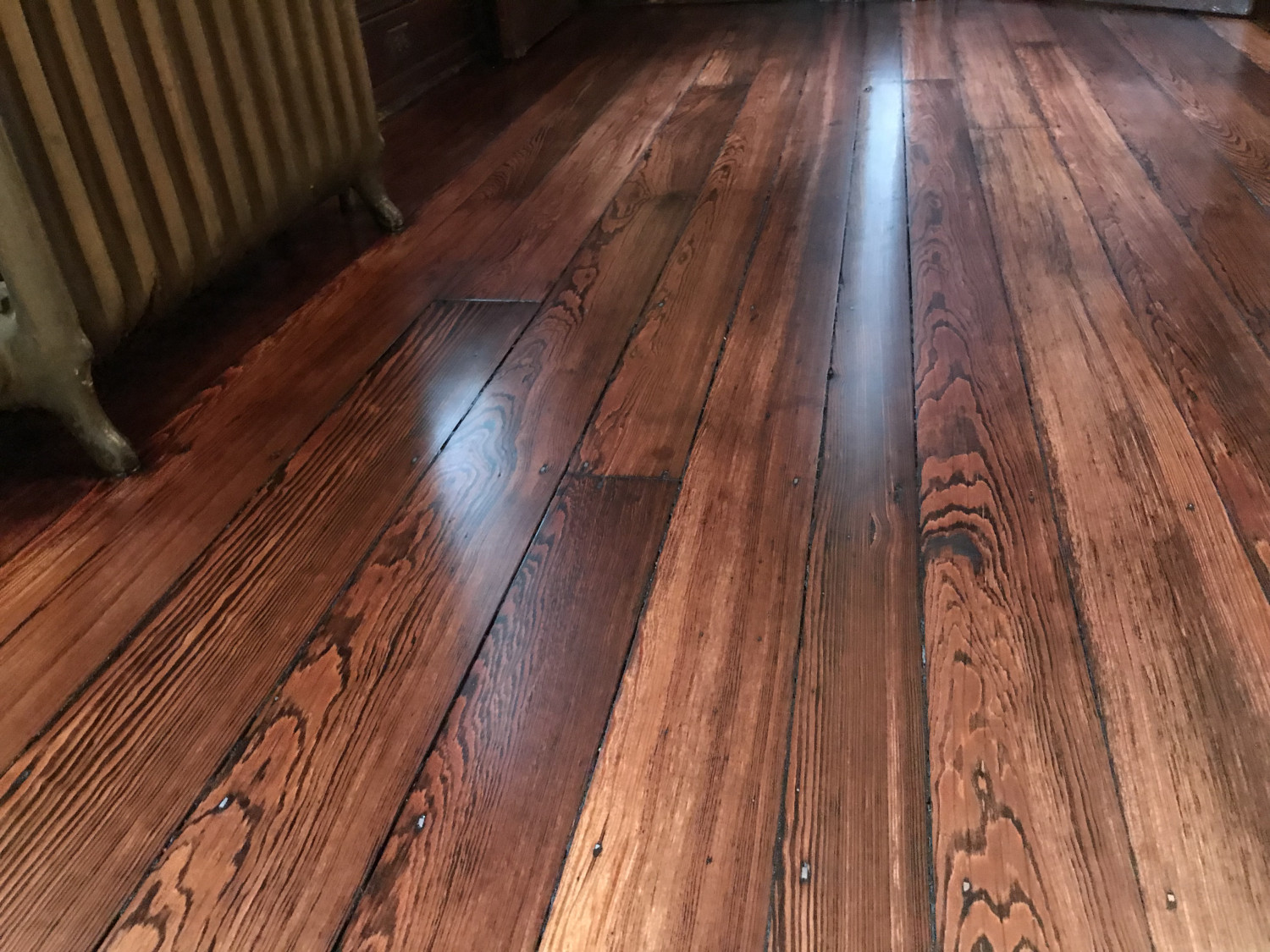
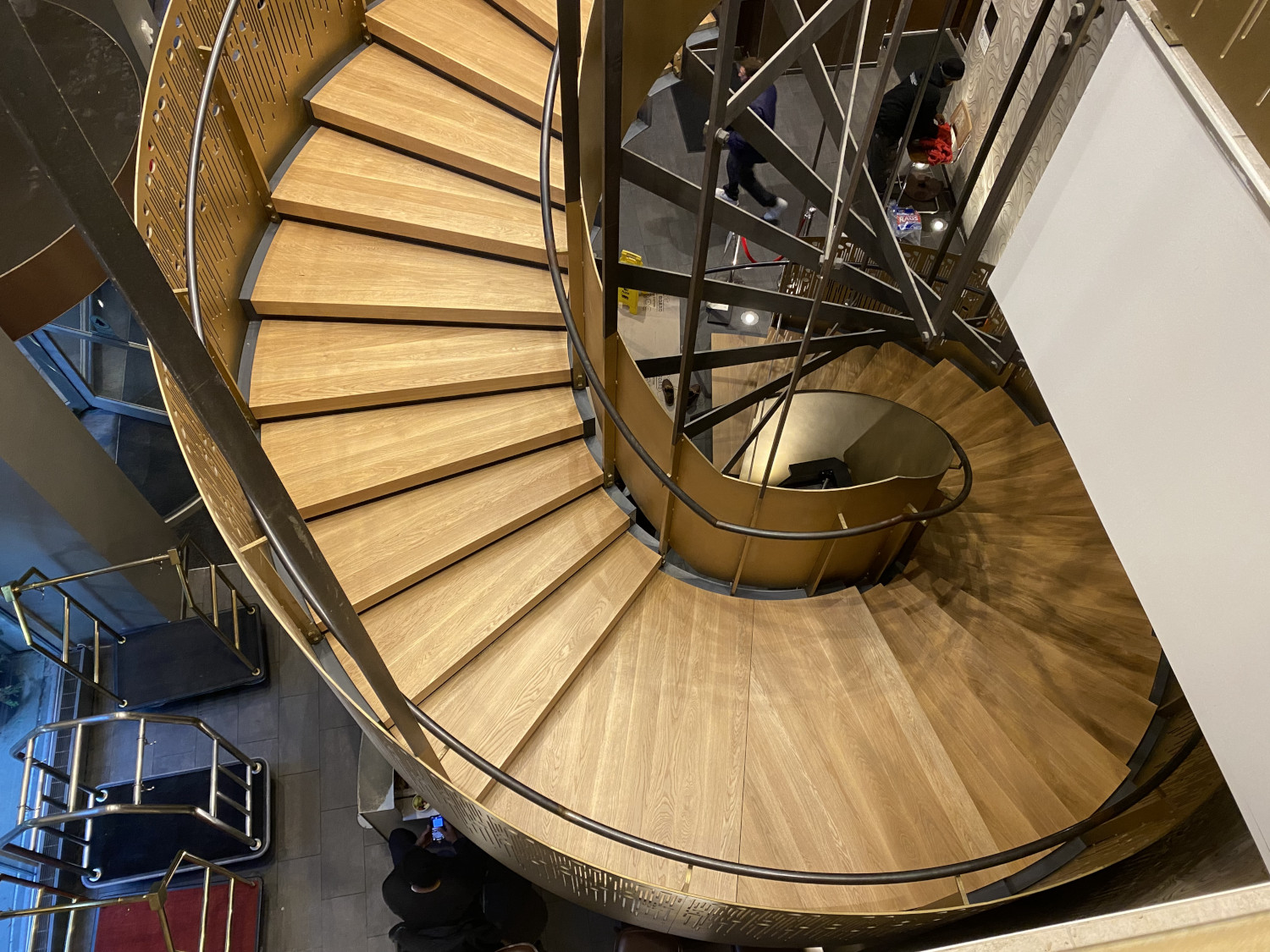
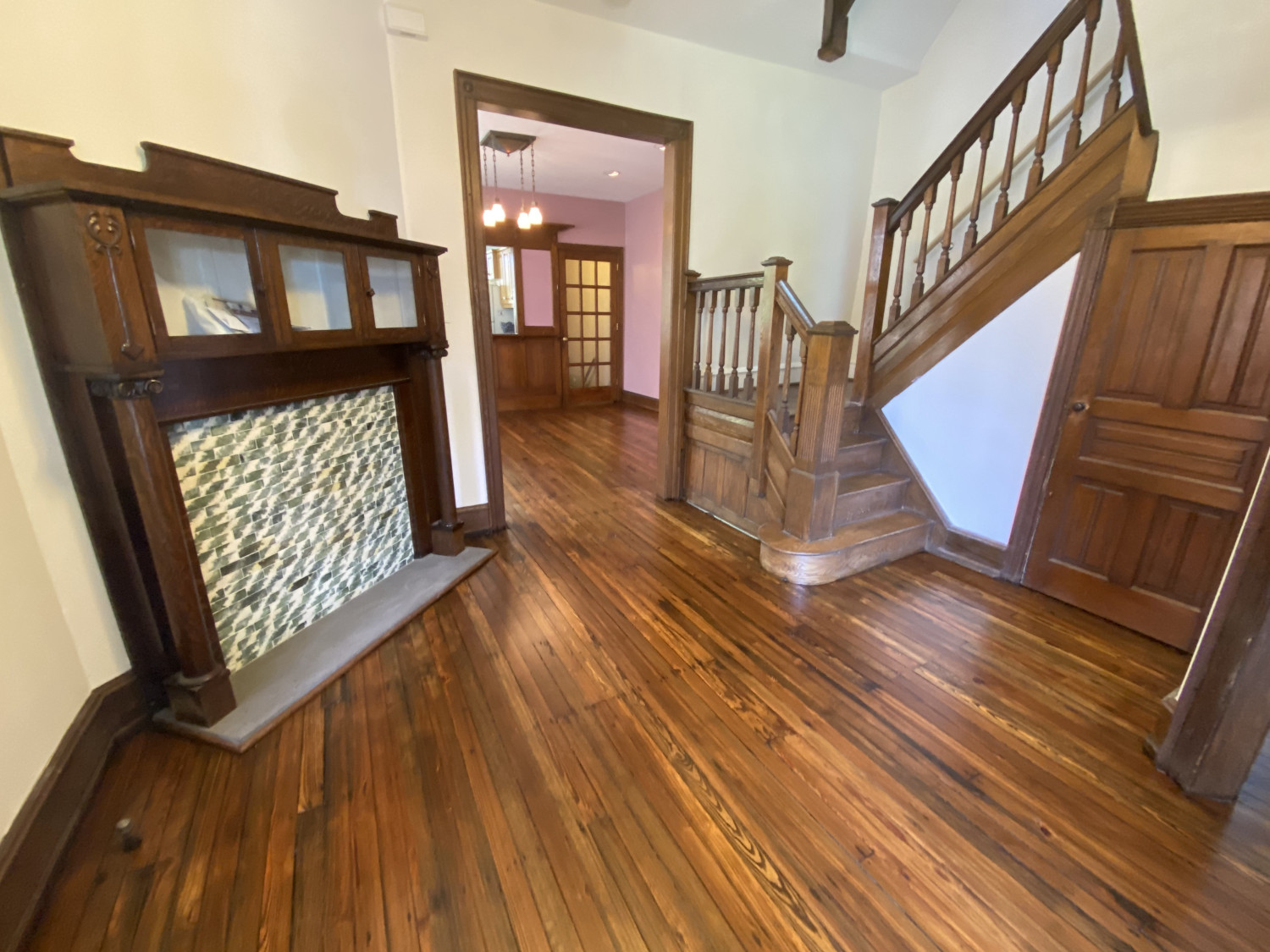

0 Comments